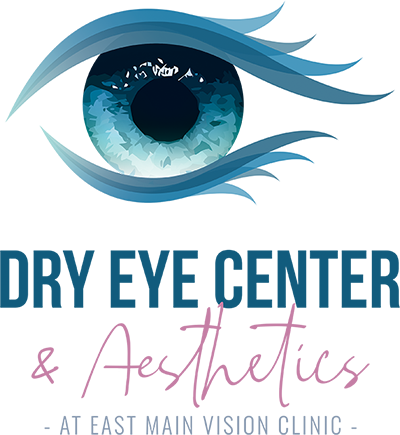October 7, 2021

More than four million Americans aged 40 or older have low vision or are legally blind. Having regular eye exams can detect eye conditions before permanent vision loss occurs.
The number of people receiving comprehensive eye exams has been on an upward trend. However, some people believe they have no reason to go for these exams if they have not noticed their vision changing, but many eye and health problems do not have obvious symptoms until they are in advanced stages.
Do you know that your eye doctor can also detect health problems you may not be aware of during an eye exam? Common health problems eye exams can detect include:
High Blood Pressure
High blood pressure (known as the silent killer) affects one in three adults in America. Bleeding or other changes to the blood vessels in your eyes are frequently the first sign of systemic high blood pressure and can be detected during a dilated or digital scan of the retina.
Diabetes
Like many systemic illnesses, diabetes is sneaky. Most people with diabetes may show no symptoms until it progresses. An eye exam can find signs that may indicate diabetes. At times, diabetes can appear in the eye tissue before a person has been diagnosed with the disease. Leaking blood or a yellow fluid in the tiny blood vessels in the retina can be a sign of diabetic retinopathy.
Autoimmune Diseases
Swelling of the retina, uvea, and sclera may be an indication that you have an autoimmune disease. Many autoimmune diseases are also linked with dry eye syndrome and unwanted painful side effects of inflammation in the body.
High Cholesterol
A yellowish ring around your cornea could indicate elevated cholesterol. The presence of plaque deposits in your retina’s blood vessels can also be a sign of high cholesterol, again like high blood pressure, it rarely has any identifiable symptoms!
Thyroid Disorder
Thyroid disorder can sometimes appear with dry eyes. Another telltale sign that you may have thyroid disorder is protruding eyeballs or bulging eyes. Dr. Day works to manage the visual symptoms and side effects while referring to local endocrinologists to manage the systemic portion of this disorder.
Medication Toxicities
Although beneficial, medications can also have additional side effects and warnings. Symptoms that you may have medication toxicity include conjunctivitis, scratchy corneas, red eyes, or red, scaling eyelids and dry or tired eyes.
Who Should Have Their Eyes Checked More Often?
While everyone is encouraged to have eye exams annually, some people are more vulnerable to eye problems and should have more frequent checkups. When you see your eye doctor annually, they will be able to identify the frequency at which you should be returning, depending on your risk and family history. The reasons you would be advised to get your eyes checked more frequently:
- Take medications that have serious eye side effects
- Suffer from a chronic disease such as diabetes that puts you at a greater risk of eye disease
- Have a family history of vision loss or eye disease
Call East Main Vision Clinic at our office in Puyallup, Washington to schedule an appointment with Dr. Day. He can address your concerns/risks of common health problems with an eye exam. Call (253) 780-0700.



